American and United Airlines Paid No Taxes in 2015
American and United Airlines Paid No Taxes in 2015
A new report on the taxes paid by Standard and Poor’s 500 found that two airlines did not pay any income tax in 2015: American and United. Even though the two posted record profits, they were still able to use the benefits of accounting rules to prevent them from paying taxes on their 2015 profits.
According to an analysis and report by USA Today:
There are a number of reasons why a profitable company may not pay taxes. For instance, years of deep losses can affect a tax bill.
Take United Continental, which reported a $3.2 billion income tax credit in 2015 despite reporting earnings before taxes of $4.2 billion. Accounting rules allow the airline to offset taxes due with valuation allowances resulting from losses in past years. During 2015, these allowances amounted to $4.7 billion which erased the company’s $1.5 billion tax bill based on its normal corporate tax rate.
In other words, the United was able to capitalize on losses from prior years in order to prevent paying taxes in the current tax year. It seems like quite the benefit for an airline to be able to do…I wonder if while filling out my taxes this year I can do the same?
United Airlines’ pre-tax profit was $4,219 million, with a income tax expense of -$3,121 million. American Airlines’ pre-tax profit stood at $4,616 million and an income tax expense of -$2,994 million. For a full list of the companies that did not pay any taxes in 2015, see USA Today’s chart.
To be fair, United and American weren’t the only companies to not pay any taxes in 2015. Of the S&P 500 companies, 27 paid zero taxes for the prior tax year. However, as airlines make the products worse in the search for more revenue, it’s incredible they are able to use accounting allowances to provide a tax shelter for themselves simply based on prior years’ losses. In a message to its investors, United has said to be aware that eventually these benefits will no longer exist and the company will be required to pay taxes. Perhaps that should occur sooner, rather than later.
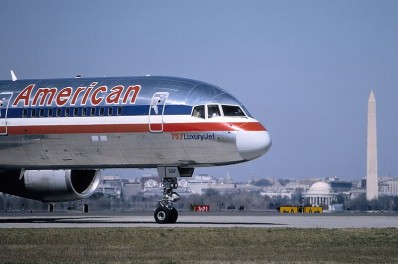

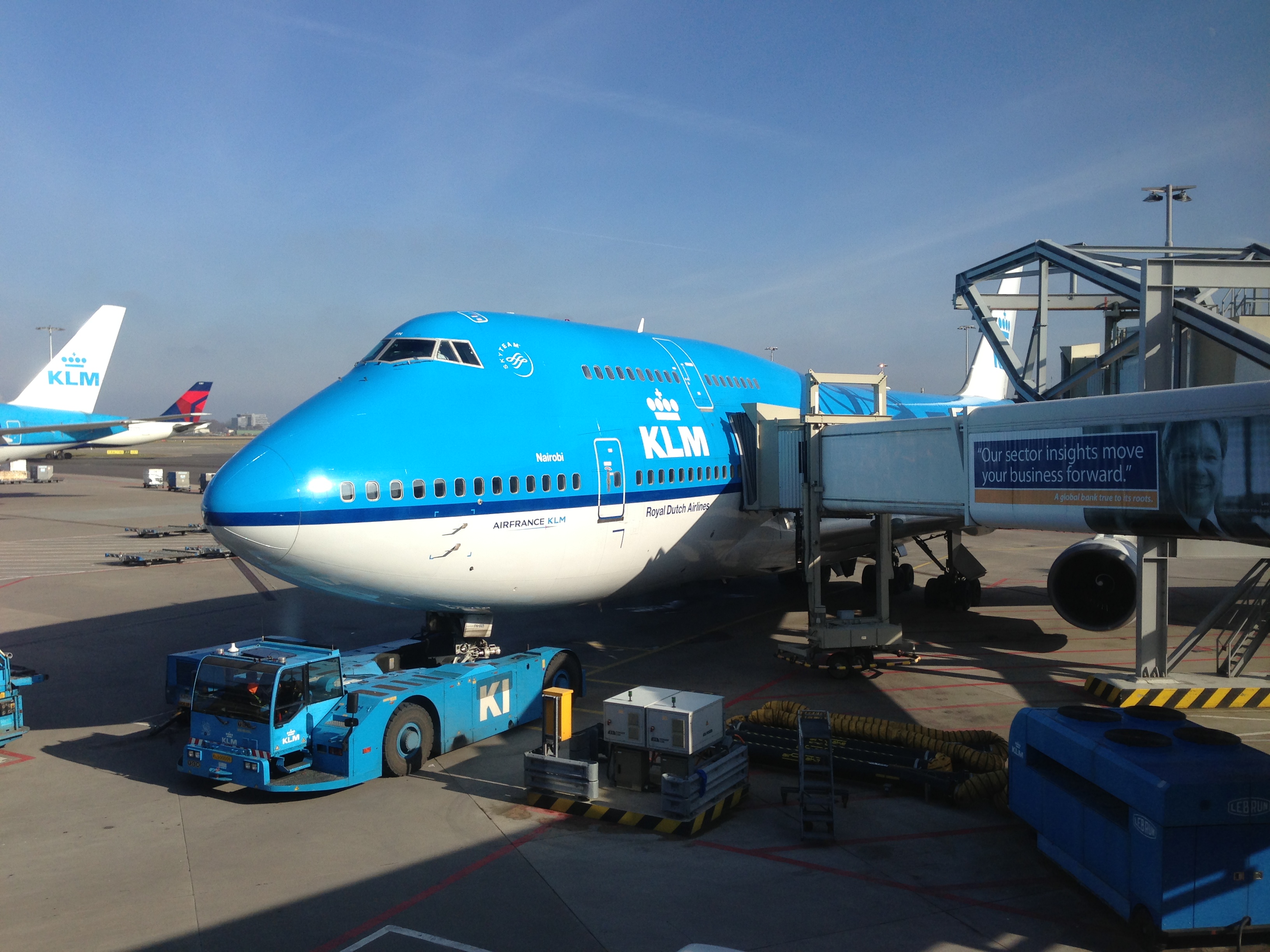
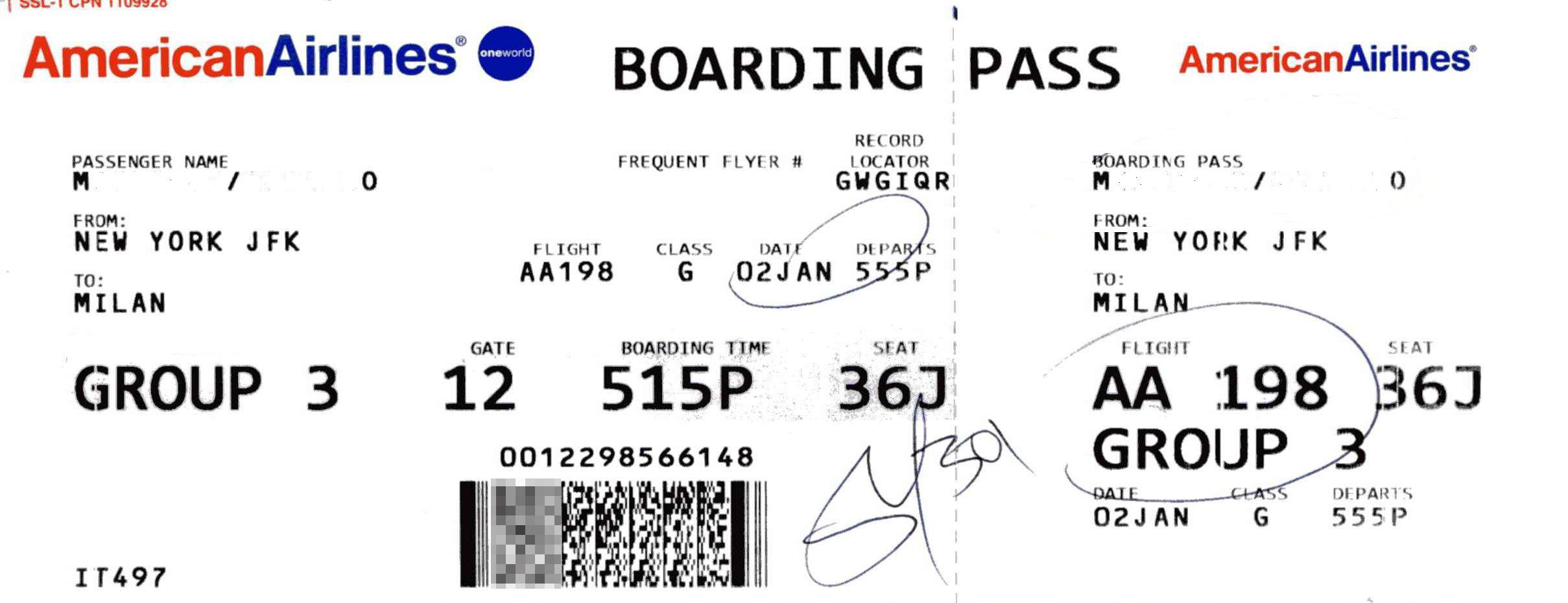
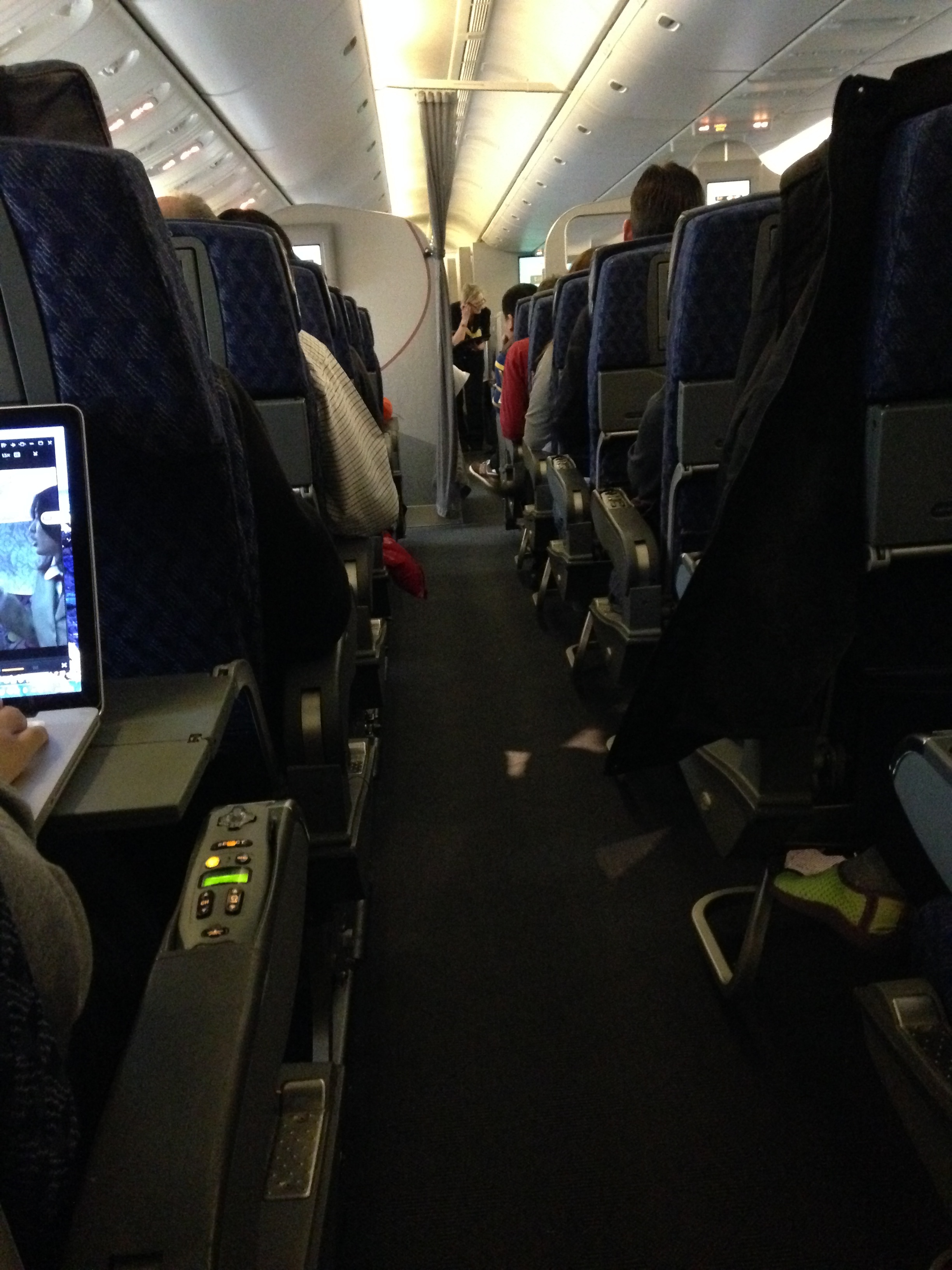

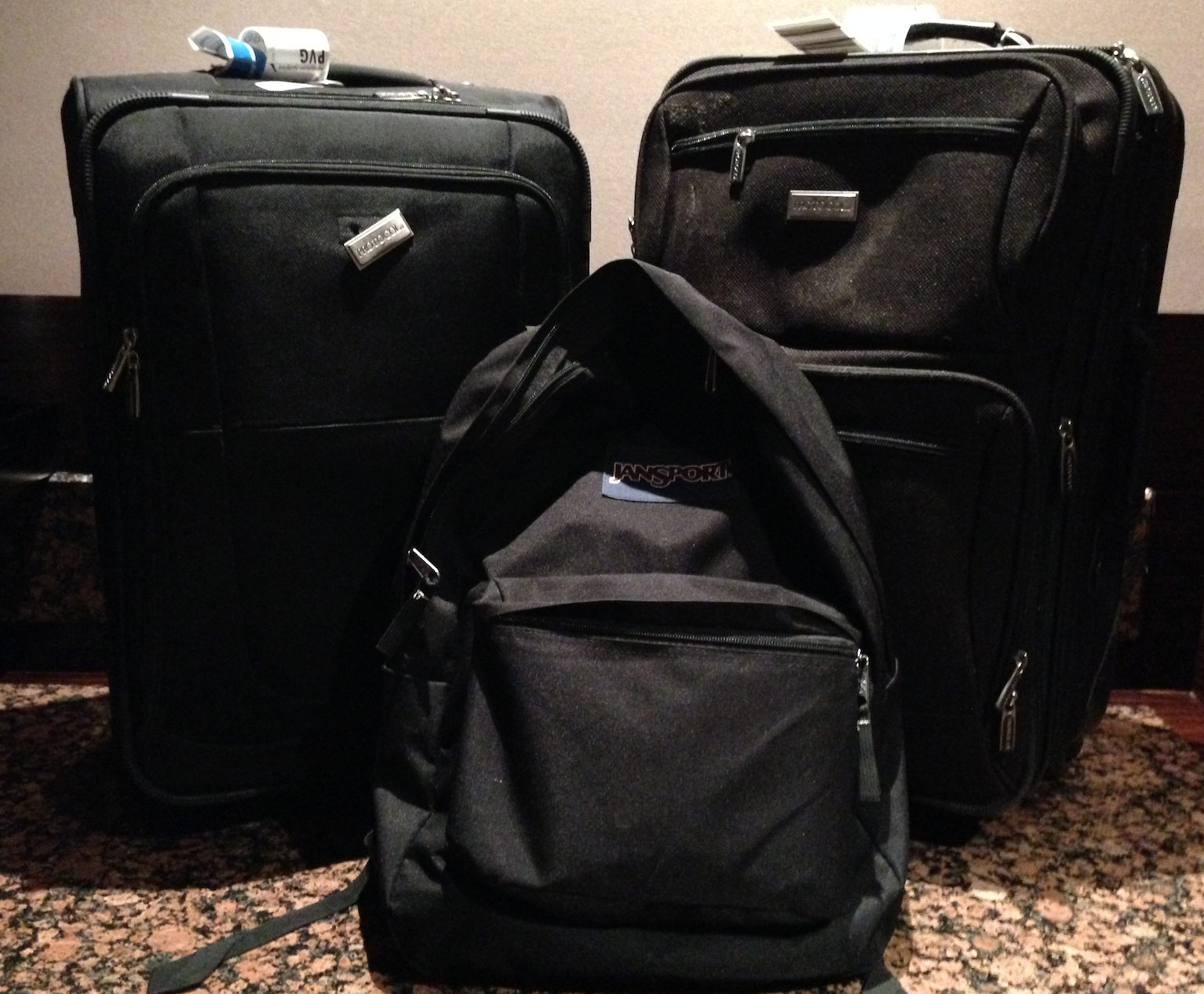

This is terrible writing at its best.
1) You can do it on your personal taxes if you loss money in a year. Capital losses can be carried forward (and backwards), and even somewhat applied against regular income. So a stupid bet on a random company can reduce your taxes owing.
2) It’s not an accounting rule. The IRS could care less about accounting rules, they care about tax rules. And the same rules that let you deduct your mortgage interest and make your health benefits tax free, say that if a company loses money, that they can earn it back again without paying income tax. And when they hit breakeven, they start paying tax again. Just like you would on your investments or small business. Hardly an unreasonable position.
For the record, the phrase is “couldn’t care less.” Before criticizing other people’s writing, you should probably check your own. On another note, both USA Today and Forbes referred to it as an “accounting” maneuver. I will take their interpretation of the information before yours.
Thanks for sharing your opinion!
Ryan is correct. Whether you call it an accounting rule or a tax rule, any business (including the 23 million sole proprietors in the US) is allowed to carry forward net-operating losses. For up to 20 years in some cases:
https://www.irs.gov/publications/p536/ar02.html
This is not some loophole only available to big, bad airlines. Anyone with a business can do it.
Maximum net loss you can claim on taxes is $3000. That is a 3 with three zeros to be clear.